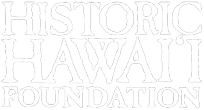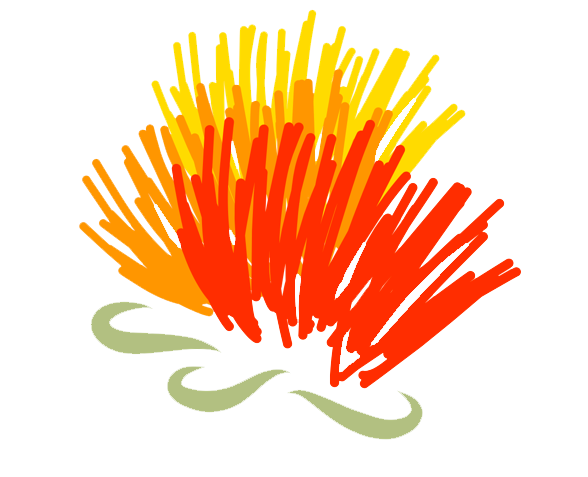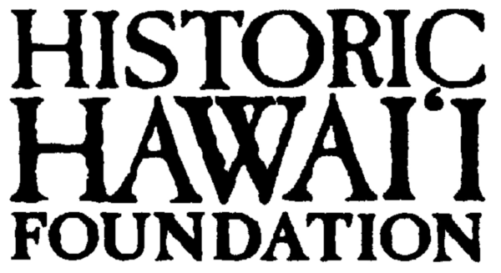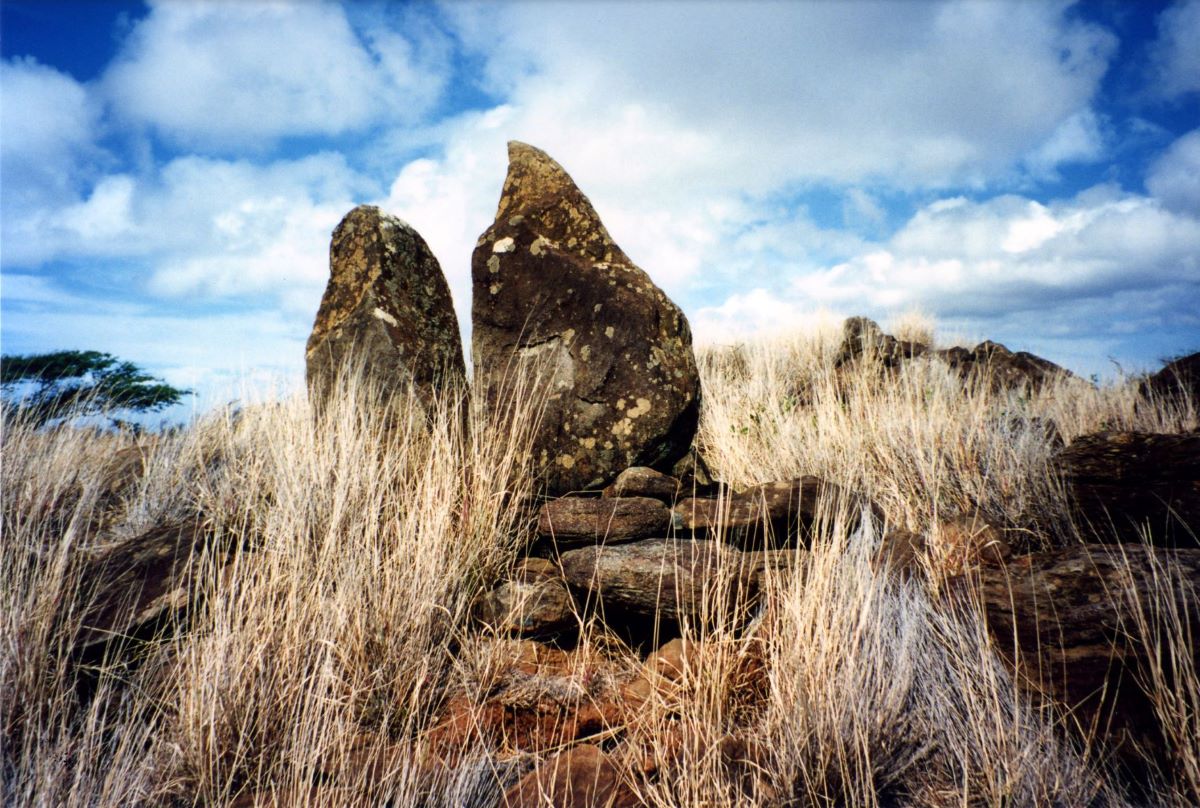
In Land We Trust: Establishing the Kahoʻolawe Island Reserve
Presented by King Kamehameha V Judiciary History Center in partnership with Historic Hawai‘i Foundation and Ulu Lehua Scholars Program
Date: Wednesday, May 5, 2021
Time: 5:30-6:30 p.m.
Cost: Free
Virtual Webinar via ZOOM
Kahoʻolawe has experienced vastly different uses over its history, from natural oasis and ancient Hawaiian settlement, to penal colony, ranch lands, and military bombing range. In May 1994, title to the island of Kahoʻolawe was transferred from the United States Navy to the State of Hawaiʻi through the recently established Kahoʻolawe Island Reserve Commission (KIRC). This victory came after decades of community activism against environmental destruction and growing wishes to reclaim Native Hawaiian access to and stewardship of the island.
Join our presenters, Stanton Enomoto of the US Department of the Interior, Michael Nahoʻopiʻi of KIRC, and Davianna McGregor of the Protect Kahoʻolawe ʻOhana, to learn what legislative steps were taken to relinquish military occupation and how community engagement helped achieve this. We will also discuss the responsibilities of KIRC, current Kahoʻolawe land use policy, and what progress has been made to restore the beloved island.
(Image above: Two-Stone platform from adze quarry, Kaho‘olawe, July 1995. Photo by Stanton Enomoto.)
View the video replay below.
PANELISTS
WHEN:
Wednesday, May 5, 2021
5:30 p.m. to 6:30 p.m.
WHERE:
Virtual – Enjoy from the comfort of your home
PLATFORMS:
You may also view the event live on the HHF YouTube channel and Facebook page
COST:
Free
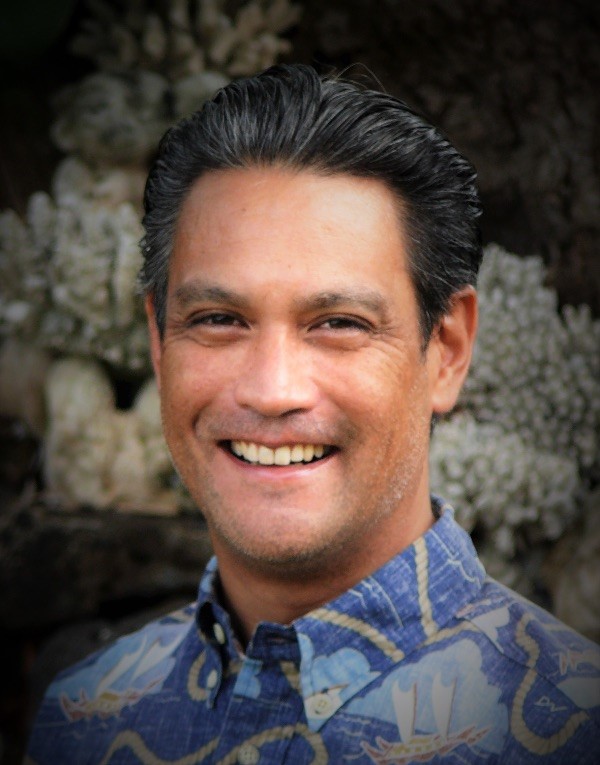
Stanton Enomoto, Senior Program Director for the U.S. Department of the Interior, Office of Native Hawaiian Relations
Stanton Enomoto worked for the Kahoʻolawe Island Reserve Commission from 1995-2004 during the US Navy’s unexploded ordnance clearance project on the island and oversaw the transfer of access control to the State of Hawaiʻi. He received his bachelor’s degree in Geology and Environmental Studies from Macalester College in St. Paul, Minnesota. He was raised on Maui and graduated from the Kamehameha Schools.
Stanton has spent nearly the entirety of his 30-year career in public service focusing on environmental, natural & cultural resource management, planning, and Native Hawaiian issues. In addition to his current position and past work on Kahoʻolawe, he has worked for the US National Park Service, the Pacific Islands Climate Change Cooperative, the Office of Hawaiian Affairs, the Hawaiʻi Community Development Authority, and the Hawaiʻi Department of Health.
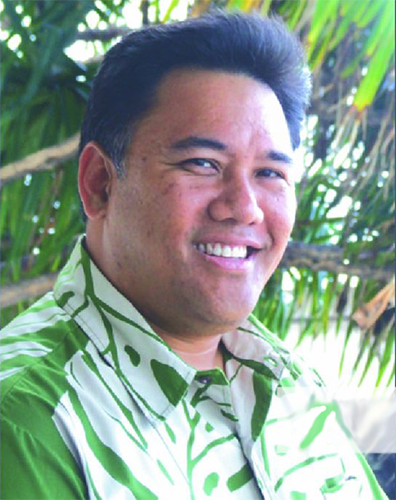
Michael Nahoʻopiʻi, Executive Director, Kahoʻolawe Island Reserve Commission
Michael has been involved with Kahoʻolawe from virtually every perspective in its recent history. A long-time Protect Kahoʻolawe ʻOhana (PKO) member and former US Navy Officer-in-Charge of Kahoʻolawe during the conveyance of the island to the State of Hawaiʻi, he was a senior manager during the early Model Cleanup and the later Navy Unexploded Ordnance (UXO) clearance project.
Born in Honolulu, Michael graduated from the Kamehameha Schools in 1982. He received his BS in Electrical Engineering from the US Naval Academy at Annapolis and was commissioned an ensign in 1986, serving as a nuclear-trained submarine officer until his assignment to Kahoʻolawe. In 1992, he received an MBA in accounting from Chaminade University. Michael is certified as a Quality Manager and Quality Engineer by the American Society for Quality, and holds the designation of Project Management Professional from the Project Management Institute.
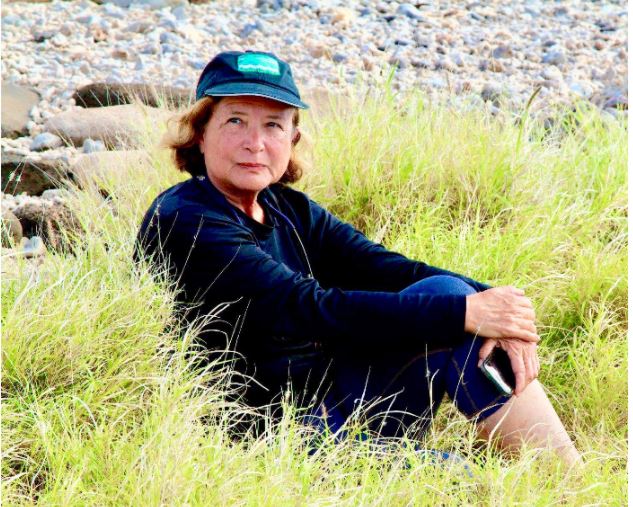
Davianna McGregor, Director of the Center for Oral History, Ethnic Studies Department, University of Hawaiʻi at Mānoa and member of the Protect Kahoʻolawe ʻOhana (PKO)
Davianna is a professor and historian of Hawaiʻi and the Pacific and a founding member of the Ethnic Studies Department at UH Mānoa. She teaches courses on Native Hawaiians, Land Tenure and Use, and Economic Change in Hawaiʻi. She has been a member of the Protect Kahoʻolawe ʻOhana (PKO) since its founding in 1976, serving as a steward and helping to coordinate cultural field work on the island. She is director of the Molokaʻi Land Trust seeking to protect and restore the land and natural and cultural resources of Molokaʻi to perpetuate the island’s unique Native Hawaiian traditions.
Davianna’s work focuses on the persistence of traditional Hawaiian cultural customs, beliefs, and practices. She wrote the book Nā Kuaʻaina: Living Hawaiian Culture (UH Press, 2007), which won the Kenneth W. Balridge Prize for best book in any field of history written by a resident of Hawaiʻi 2005–2007. Davianna is a graduate of UH Mānoa, where she earned her bachelor’s degrees in Asian/Pacific History and Secondary Education, a master’s degree in Pacific Islands Studies, and doctorate in Hawaiian/Pacific History.

